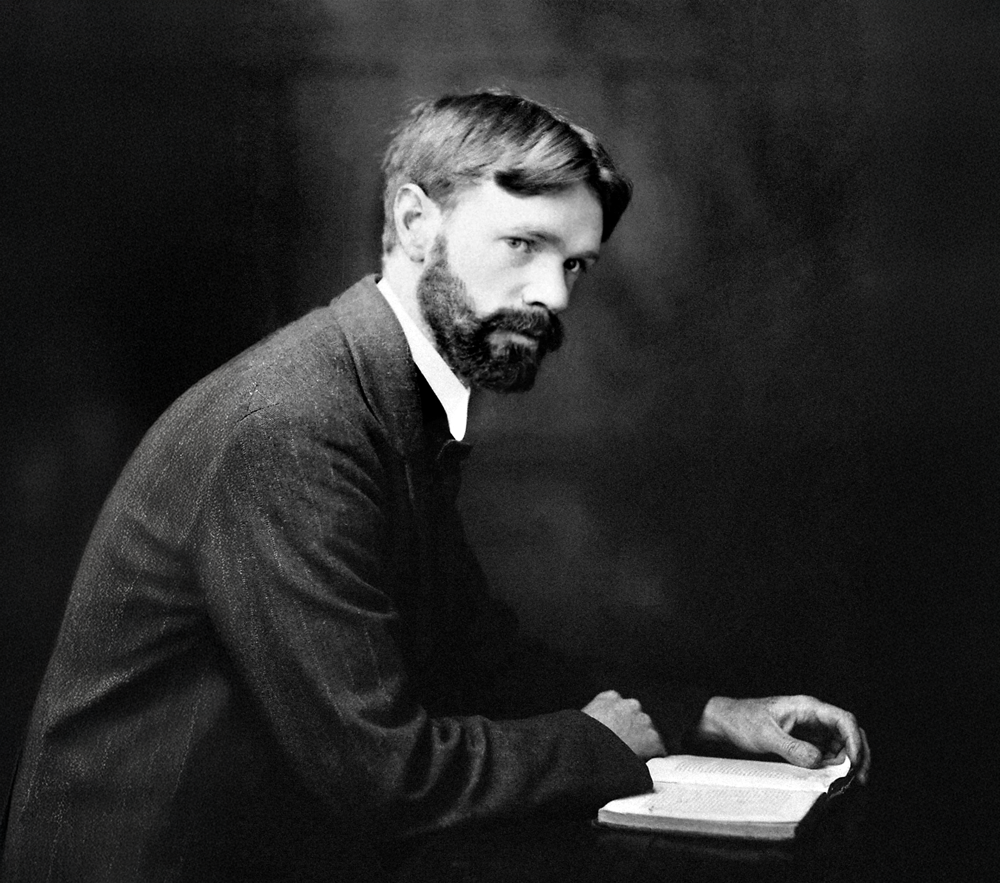Like some irresistible, fast-spreading fungal disease, literary festivals have sprung up all over the country in recent years while we weren’t looking. Every city, town and even large village throughout the UK now boast its own annual literary gathering where, it would appear, the chattering classes meet to listen to an author, drink some indifferent wine, stand in a queue for the obligatory signed copy of an overpriced hardback then disappear into the night wrapped in a cloak of cultural self-improvement.
So what lies behind this exponential surge in popularity? What purpose do literary festivals serve? Wasn’t Margaret Atwood right when she observed in Negotiating with the Dead that “Wanting to meet an author because you like his work is like wanting to meet a duck because you like pâté”? Surely the authentic relationship between reader and writer is one convened quietly and privately, via the page or the reading device and not at a public event? “Literature”, as the pioneering Writers’ Centre Norwich observed in its successful bid for Norwich to become England’s first UNESCO World City of Literature, is “a quiet art form”. So why do we need public literary events and festivals at all?
One reason is that they bring people together face to face. Catching up with the latest episode of your favourite Danish crime TV drama on the commuter train is all very well, but it’s a one-way exchange between voyeur and viewed. At a literary event, you get to meet your heroes, find out new things about them, discover writers you were previously unaware of, and enjoy chance meetings with people who share your passion for books.
Another reason is that many festivals provide much more than traditional author events, offering writing workshops, debates, literary lunches, walks and more. Take the month long Essex Book Festival which takes place throughout the county each March. For this year’s festival, I have programmed a Writers’ Day on Sat 8 March which has proved extremely popular. The participants will enjoy ‘taster session’ workshops from Juliet Pickering on How to Find an Agent; on Writing in the Digital Age from social media expert Carla Watkins; on Is There a Book In You? by Dr. Alison Baverstock and on How to Get Published by Writers’ & Artists’ Yearbook editor Alysoun Owen. As well as author talks, the festival also includes a crime writing workshop How to Plot the Perfect Murder, a range of thought-provoking events hosted by the University of Essex, one of the festival’s key partners, and a selection of children’s events in partnership with Chelmsford’s Just Imagine Story Centre, an enterprising local bookshop with a zeal for igniting young people’s imaginations through books and storytelling.
It’s all very well relying on Amazon-style algorithms to tell you that if you like X then you’ll love Y but some of the most original and valuable book recommendations I’ve heard in recent years have come from attending author events. Last year I heard novelist Evie Wyld read at an event hosted by Suffolk Book League. She is also appearing in this year’s Essex Book Festival. And I doubt I would ever have stumbled across the work of one of her favourite authors – Australian novelist Tim Winton, a dedicated environmentalist and author of nuanced and immersive books such as Shallows, Cloudstreet and the Booker-shortlisted The Riders – any other way than being in the audience on that stormy autumnal evening.
On occasions, literary festivals bring academia and the public together in fresh and unexpected ways. The inimitable Worlds Literature Festival in Norwich, for instance, includes a writers’ conference in which academics and writers discuss contemporary literary issues by day, whilst evening events are opened up the public and expert writers offer daytime workshops to complement the mix.
So what are literary festivals for? Well, maybe I’ll ask Margaret Atwood herself when she appears at UEA’s Spring 2014 Literary Festival on Wednesday 26 February to read from MaddAddam. Despite being vegetarian and not a huge fan of pâté, I couldn’t resist buying a ticket the day they went on sale. Quiet art form or not, this is one duck I’m not going to miss.
A fuller version of this post appears on the Writers’ and Artists’ blog, here. 

